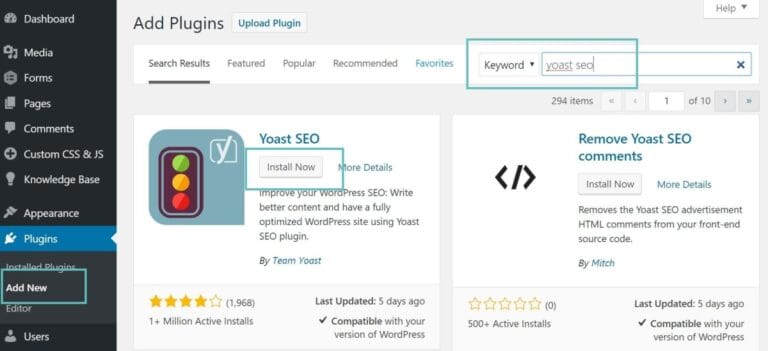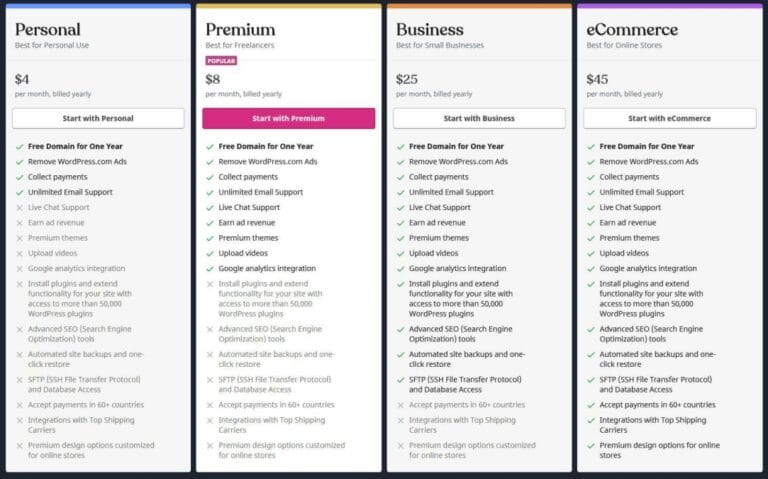If you’ve ever thought about building a website,chances are you’ve heard of WordPress. It’s the big player in the game, but let’s face it—sometimes you want to explore other options. Whether you’re looking for something simpler, more customizable, or just want to back away from the WordPress hype, there are plenty of alternatives out there. In this article, we’re diving into some of the best options available today. From user-pleasant platforms to versatile tools,we’ll highlight who’s competing with WordPress and what they bring to the table. So, grab a cup of coffee, and let’s get into it!

Finding Your Fit: A Look at Popular WordPress Alternatives
Here’s a fast breakdown of a few popular alternatives:
- Wix: Great for beginners,with a drag-and-drop editor that makes building a site feel like a walk in the park.
- Squarespace: Perfect for creatives who love stunning templates and want to showcase their work beautifully.
- weebly: Another user-friendly option, great for small businesses and online stores.
- Joomla: A bit more complex but super versatile, ideal for tech-savvy folks who want more customization.
In terms of pricing, it’s smart to do a little comparison. Here’s a quick table that gives you a sense of what to expect:
| Platform | Starting Price | Best For |
|---|---|---|
| wix | $14/month | Beginners |
| Squarespace | $16/month | Creative portfolios |
| Weebly | $6/month | Small businesses |
| Joomla | Free (hosting fees apply) | Developers |
Remember, each platform comes with its own set of pros and cons. You’ll want to consider what features matter most to you and how much time you’re willing to invest in learning a new system.Don’t be afraid to give a few of them a spin—most offer free trials so you can check them out before committing. Happy exploring!
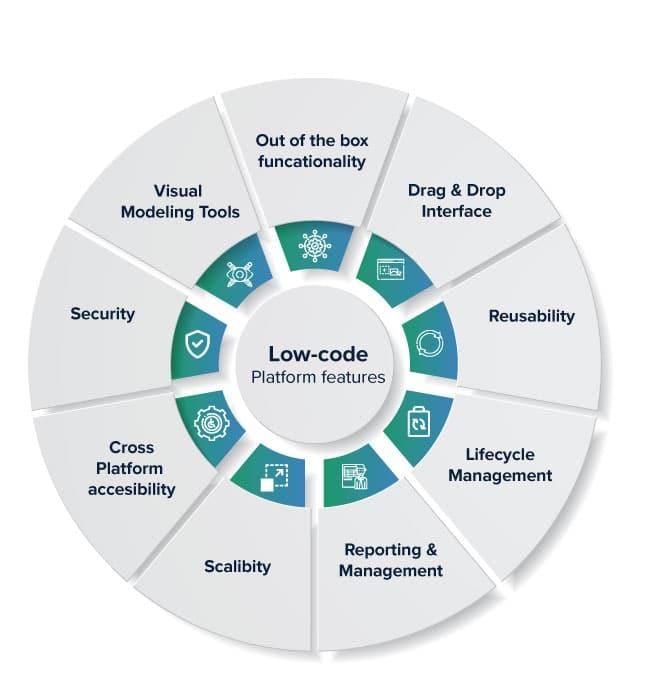
Beyond the Basics: the Unique Features of Each Platform
When it comes to finding that perfect wordpress alternative, the devil is in the details. Each platform has its own quirks that might just make or break your website experience. As an example, platforms like Wix and Squarespace offer drag-and-drop interfaces, which makes it super simple for beginners to create a site without fiddling with any code. This ease of use can be a huge selling point, especially for small business owners or freelancers who want to get going fast.
On the other hand, if you’re looking for something a bit more flexible, you might want to check out Joomla or Drupal. They come with a bit of a learning curve but pack a serious punch in terms of customization. Developers love Drupal’s robust structure,allowing for complex sites that can handle tons of data. Meanwhile, Joomla strikes a balance between ease of use and advanced features, making it a solid choice for users who’ve got a bit of experience under their belts.
Then there’s Shopify,which caters specifically to e-commerce. If you’re planning to sell stuff online, you’ll appreciate its specialized features like inventory management and payment gateways. the platform is designed with selling in mind, so you won’t need to waste time setting things up. Plus, it features an array of themes specifically for retail, so your store can look polished without much effort.
Let’s not forget about some of the niche players out there. Platforms like Webflow stand out when it comes to design adaptability, allowing creators to build responsive sites without compromising on aesthetics.It’s great for design-first thinkers who want to whip up a stunning site. And if you’re into blogging, Ghost offers a minimalist approach that’s laser-focused on content creation, perfect for writers who want to keep their eye on the prize without distractions.
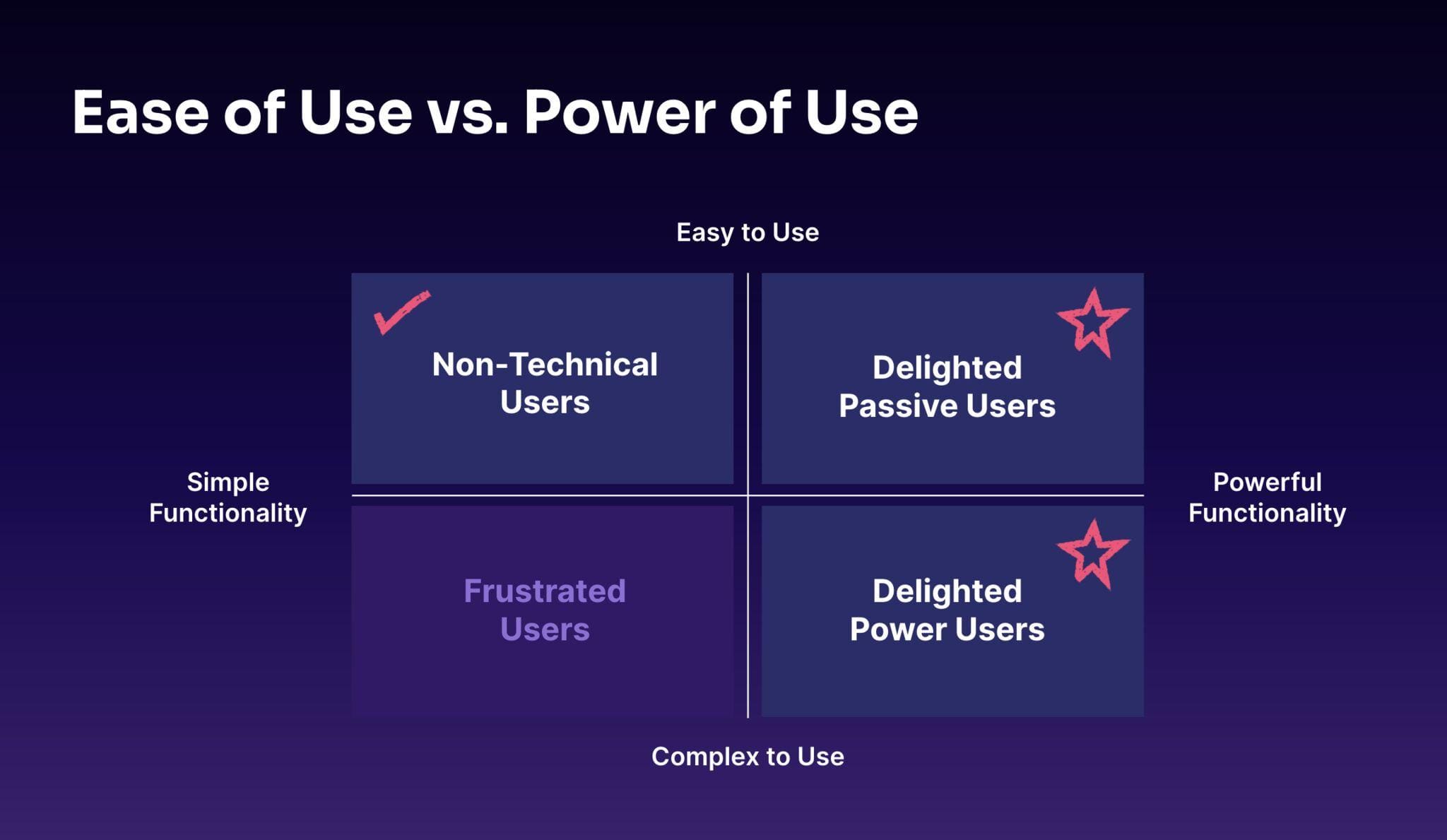
Ease of Use: Which Alternatives Keep It Simple?
When it comes to picking a website builder, there’s something to be said for keeping it straightforward. Some platforms are designed with the everyday user in mind, which means fewer headaches and a smoother ride. Let’s dive into a few alternatives that really shine in this department.
- Wix: Wix is all about that drag-and-drop magic. You can create a decent-looking site in no time,even if you’re not tech-savvy. Plus, their templates are pretty flexible, so it feels more like you’re customizing than just clicking buttons.
- Squarespace: For those who appreciate aesthetics, Squarespace is a go-to. It’s designed beautifully and manages to balance simplicity with a professional feel. Just choose a template, and you’re off to the races with minimal fuss.
- weebly: Weebly is another user-friendly option. It’s got a clear interface and is perfect for small business owners who want to set up shop quickly. You don’t need a degree in web design to make it look good.
Despite the ease of use, it’s crucial to consider what’s in your toolkit.Some platforms may seem simple but come packed with features that open up your potential later on. Here’s a quick comparison of these user-friendly platforms:
| Platform | Ease of Use | Features |
|---|---|---|
| Wix | Very Easy | Lots of templates, apps available |
| Squarespace | Easy | Beautiful templates, blogging tools |
| Weebly | Easy | Built-in eCommerce, drag-and-drop |
it’s all about what fits your needs. If you want something simple,you’ve got plenty of choices that won’t leave you tearing your hair out. Just remember, while ease of use is great, picking a platform that can grow with you is just as important!
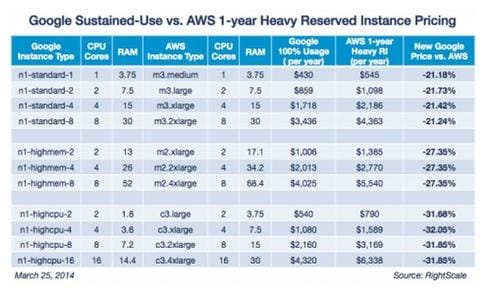
Pricing Breakdown: Are You Getting Your Money’s Worth?
When it comes to choosing the right platform, price tags can be all over the place. It’s not just about the monthly fee you pay; you also need to think about extras that might come up.with some services, it can feel like you’re paying for a lot of things you might never actually use. So,what’s the bottom line? Make sure you’re getting the features that truly matter to you and your business.
Here’s a breakdown of common factors that you should consider:
- Hosting Costs: This can vary hugely based on how much traffic you expect. Some platforms offer it included, others charge you separately.
- Themes and Plugins: While some come free, others can add up. Always check what you get out of the box versus what you’ll need to purchase.
- Support Options: The cheaper options may skimp on customer service, leaving you in a lurch when you really need help.
It can definitely help to create an easy comparison table, so you know where your money is going and what you get for it. Here’s a simple overview of a few popular options:
| Platform | Monthly Cost | Free Themes | Tech Support |
|---|---|---|---|
| wordpress.org | Varies (Hosting Costs) | Yes | Community Support |
| Wix | From $14 | Limited | 24/7 Support |
| Squarespace | From $12 | Yes | 24/7 Support |
| Shopify | From $29 | Yes | 24/7 Support |
At the end of the day, the decision comes down to what fits your specific needs. Don’t just settle for the first deal you find. Be smart about the features you prioritize, and ensure you’re not overpaying for stuff you’ll never touch. Do your homework, and you’ll level up your chances of making a choice that keeps your wallet happy while serving your goals!

Scalability and Support: Planning for Growth and Success
When you’re navigating the world of website building and management, you’ve got to think about scalability and support right from the get-go. The last thing you want is to find yourself caught off guard as your traffic skyrockets or your business expands. That’s why it’s super critically important to choose a platform that not only accommodates your current needs but is also flexible enough to grow along with you. Platforms like WordPress have been the go-to for many, but if you’re looking for alternatives, consider how they handle performance as your audience grows.
In terms of support, you’ll want a platform that offers solid customer service. It can be a real headache if you hit a snag and there’s nobody around to help. Look for options that provide:
- Live chat during business hours or even 24/7
- Comprehensive documentation and tutorials
- A supportive community for peer assistance
Another thing to keep in mind is the ease of adding features as your needs change. Whether that’s through plugins, custom code, or built-in tools, you don’t want to end up stuck with a platform that can’t adapt to what you need next. Take a look at how easy it is to integrate things like e-commerce, SEO tools, or membership functionalities. Such as, platforms like Wix and Squarespace offer beautiful interfaces but can limit your customization options as you scale.
don’t underestimate the importance of performance metrics. You want a platform that can efficiently handle traffic spikes without compromising speed or user experience. Make sure to research how each option deals with caching,bandwidth,and server response times. A quick glance at a comparison table can definitely help you narrow down your choices.
| Platform | Scalability | Support | Performance |
|---|---|---|---|
| Wix | Moderate | Good | Fast |
| Squarespace | Limited | Excellent | Very Fast |
| Shopify | High | Great | Fast |
| Joomla | High | Moderate | Good |
Q&A
Q: So, why are people looking for WordPress alternatives?
A: Great question! A lot of folks love WordPress, but some find it a bit too complex or bulky for their needs. Others want something faster, simpler, or more customizable without diving deep into coding. Basically, they’re on the hunt for platforms that fit their style better!
Q: What are some popular alternatives to WordPress?
A: There are quite a few out there! Wix and Squarespace are great if you want a drag-and-drop interface that’s super user-friendly. Then there’s Shopify, which is the go-to if you’re planning to sell stuff online. If you’re into a bit more techy stuff, consider Ghost or Joomla—they both have their own strengths!
Q: Are there any specific features these alternatives offer that WordPress doesn’t?
A: Yeah, some alternatives shine in areas where WordPress sometimes falls short. For instance, Wix has built-in SEO tools and templates that can help beginners get their site up and running quickly. Shopify focuses solely on e-commerce, so it has features like inventory management that can save merchants a lot of headaches.
Q: Are these alternatives easy to use for someone who’s not tech-savvy?
A: For sure! Most of these options aim to cater to everyday folks who might feel lost in the tech wilderness. Platforms like Squarespace and Wix are especially friendly for beginners—they’ve got tutorials and support to help you along the way.
Q: What’s the cost difference? Is it worth switching?
A: The cost can vary quite a bit. Some of these alternatives have free plans or trial periods,while others might charge monthly fees. It really depends on what features you need. If you find an alternative that fits your needs and budget better than WordPress, then yeah, it could totally be worth making the switch!
Q: How do these alternatives handle SEO compared to WordPress?
A: SEO varies from platform to platform.wordpress is known for its powerful plugins like Yoast, but many alternatives are catching up. Wix offers built-in SEO tools, and Shopify has good SEO options for stores. it’s a good idea to check out how each platform handles SEO,especially if that’s a big deal for you.
Q: any final thoughts for folks considering a switch?
A: Definitely! Take your time to explore. Most platforms offer free trials, which is perfect to see if you like their vibe. Make a list of what you need the most, and don’t hesitate to compare a few options. You want something that gives you what you want without driving you up the wall! Happy exploring!




